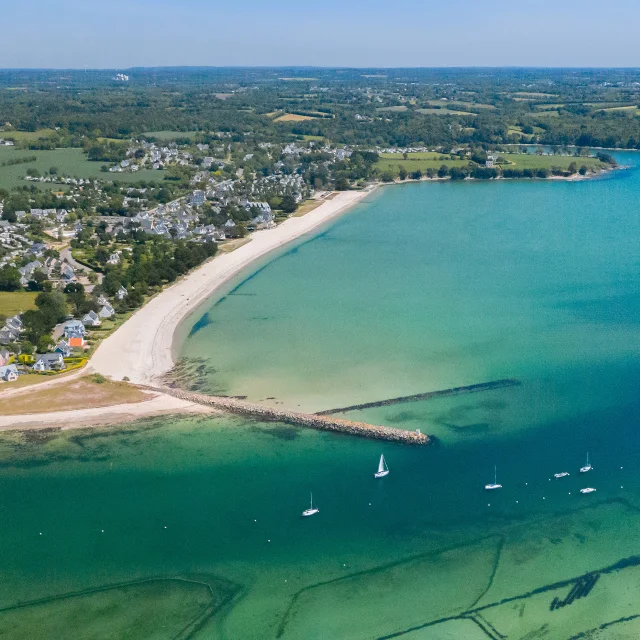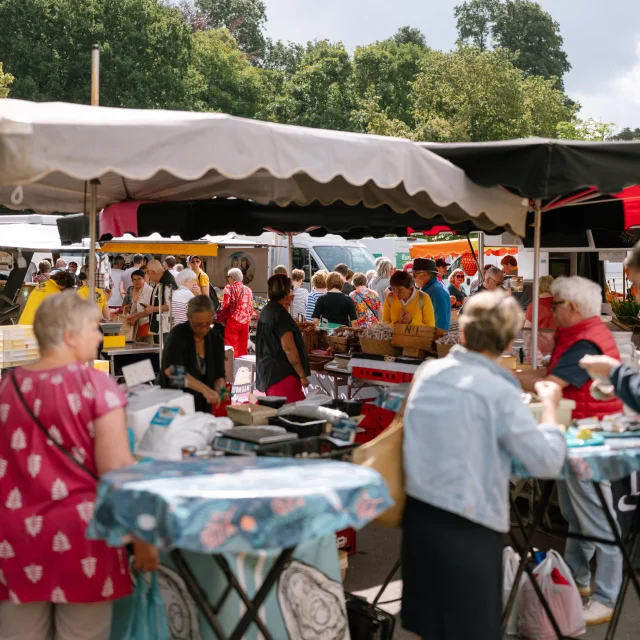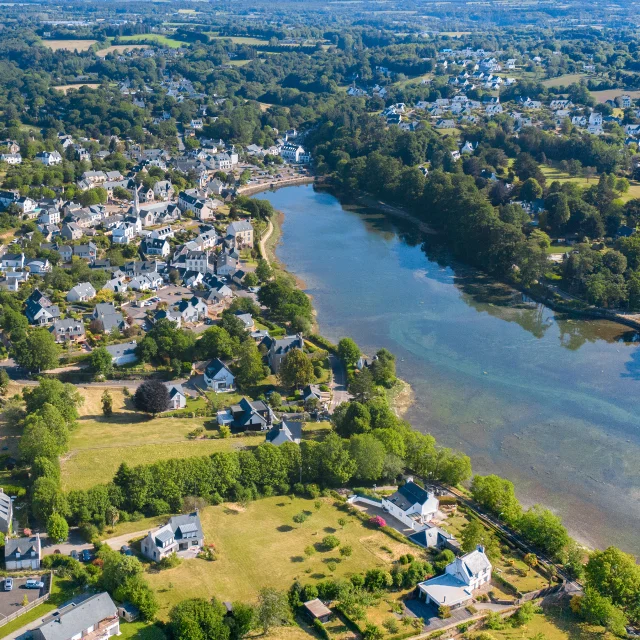“WHEN LÉOPOLD MOZART ENCOUNTERS THE MUSIC OF HAUTE-BRETAGNE”
In many cultures, weddings are occasions for sharing and socialising: they celebrate union, transmission and celebration. In 1755, Leopold Mozart, father of the famous Wolfgang, composed a work entitled Die Bauernhochzeit (The Peasant Wedding), inspired by the festive melodies he heard at a wedding in the Salzburg countryside. He composed this work for classical orchestra instruments, incorporating bagpipes, a hurdy-gurdy and dance rhythms as a nod to these popular music styles. The musicians of the Ensemble Astrolabe had fun imagining what Leopold Mozart himself would have heard if he had attended a wedding in the Côtes d'Armor region of France.
PROGRAMME
• Leopold Mozart – Bauernhochzeit (The Peasant Wedding)
• Traditional tunes and songs from Central Brittany
• Pieces by Mozart's contemporaries (Hoffmeister,
Dittersdorf, etc.) (currently being finalised)
Translated with DeepL.com (free version)
In many cultures, weddings are occasions for sharing and socialising: they celebrate union, transmission and celebration. In 1755, Leopold Mozart, father of the famous Wolfgang, composed a work entitled Die Bauernhochzeit (The Peasant Wedding), inspired by the festive melodies he heard at a wedding in the Salzburg countryside. He composed this work for classical orchestra instruments, incorporating bagpipes, a hurdy-gurdy and dance rhythms as a nod to these popular music styles. The musicians of the Ensemble Astrolabe had fun imagining what Leopold Mozart himself would have heard if he had attended a wedding in the Côtes d'Armor region of France.
PROGRAMME
• Leopold Mozart – Bauernhochzeit (The Peasant Wedding)
• Traditional tunes and songs from Central Brittany
• Pieces by Mozart's contemporaries (Hoffmeister,
Dittersdorf, etc.) (currently being finalised)
Translated with DeepL.com (free version)





